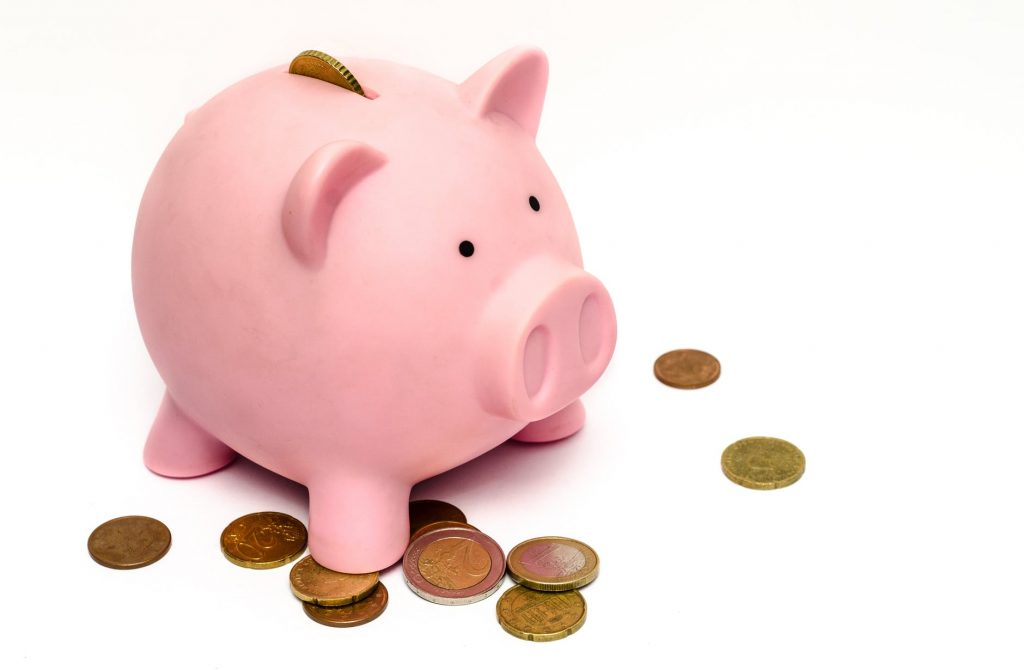 Have you ever had an unexpected bill set you back and make you go deeper into debt? Those new tires set you back $400. That trip to the doc cost $800! Or that time your electric bill doubled in one month! It happens to all of us. So, what’s the best way to deal with an unexpected expense? A buffer month of money has prevented me from going into debt, and it could help you too.
Have you ever had an unexpected bill set you back and make you go deeper into debt? Those new tires set you back $400. That trip to the doc cost $800! Or that time your electric bill doubled in one month! It happens to all of us. So, what’s the best way to deal with an unexpected expense? A buffer month of money has prevented me from going into debt, and it could help you too.
What’s a Money Buffer?
A buffer is something that protects you from bad things. It’s something that stands between you and trouble. Money is a cause for trouble in almost everybody’s life (sooner or later). A money buffer stands between you and money stress.
Having a money buffer means that you have a month’s worth of paychecks already in your bank account ready to pay for this month’s expenses. This means you’re paying for July’s bills using June’s paychecks. If that sounds backwards, it’s not. It’s forward-thinking, and if you build this buffer, your life will be so much less stressful.
It doesn’t matter when any of your bills are taken from your account. A buffer month means the money will be there ready to pay all of them. And if your paycheck comes a day or two late because of some holiday, or some mistake by the HR department, it won’t affect you. Because this month’s paycheck is going to hang out in your account to pay for next month’s bills!
Read more


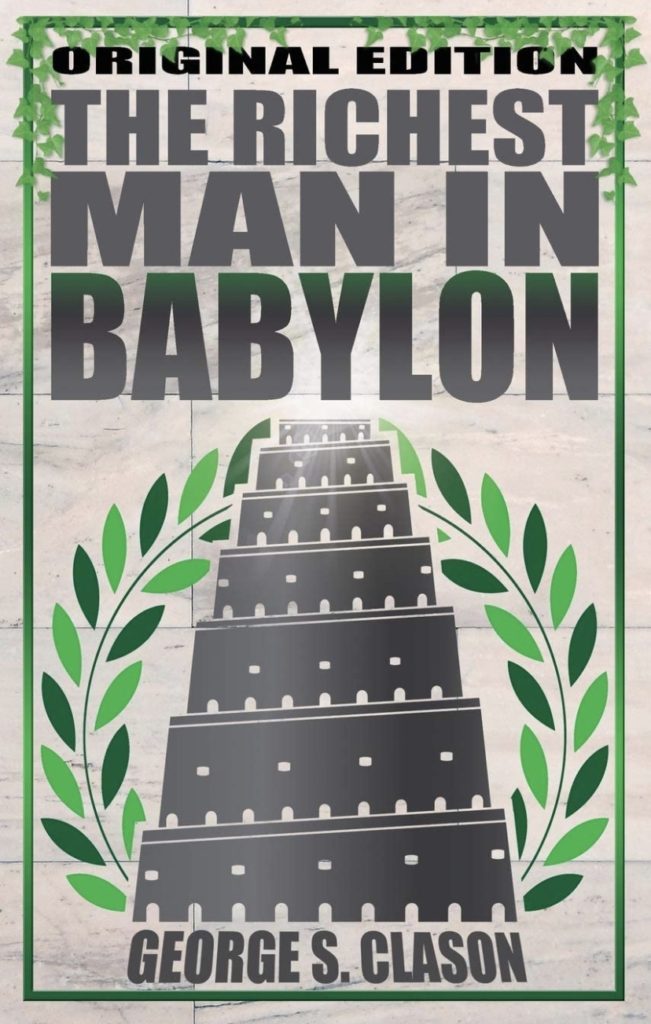
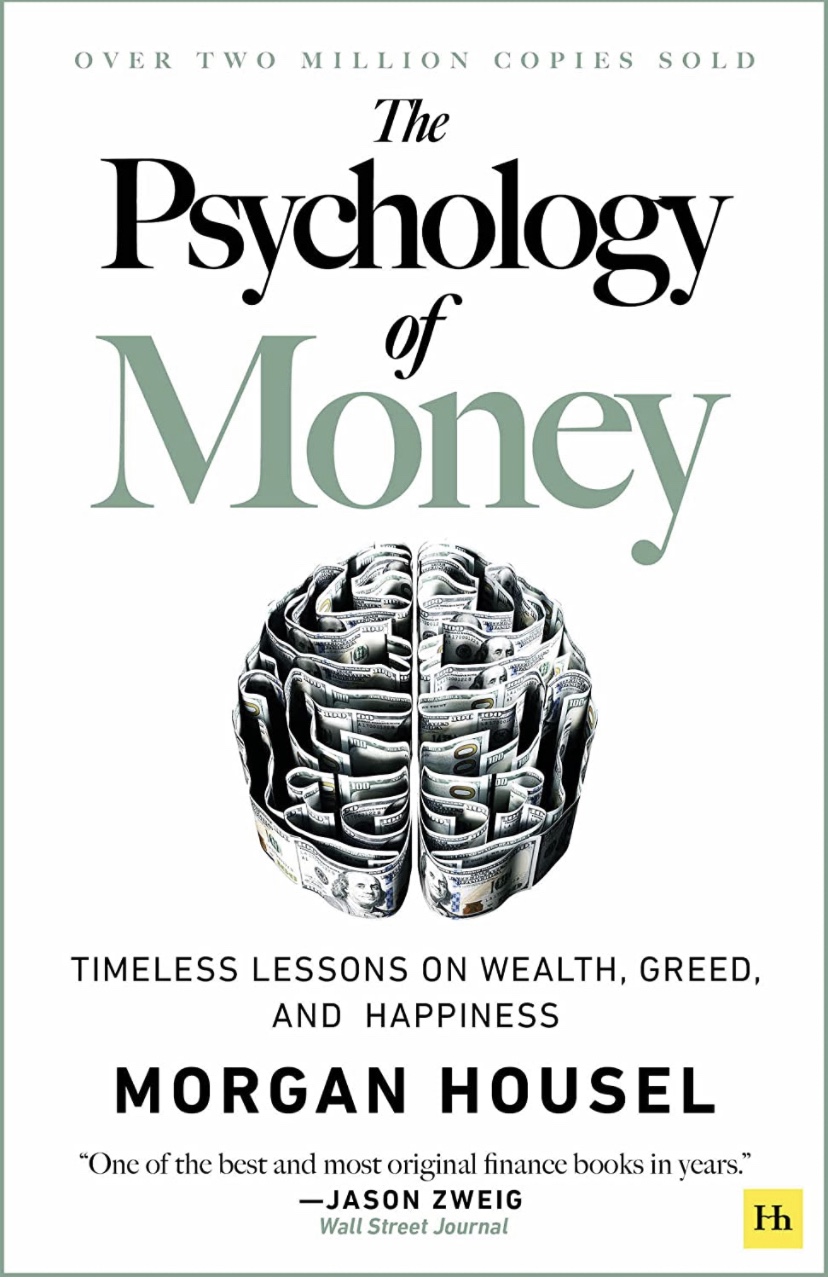
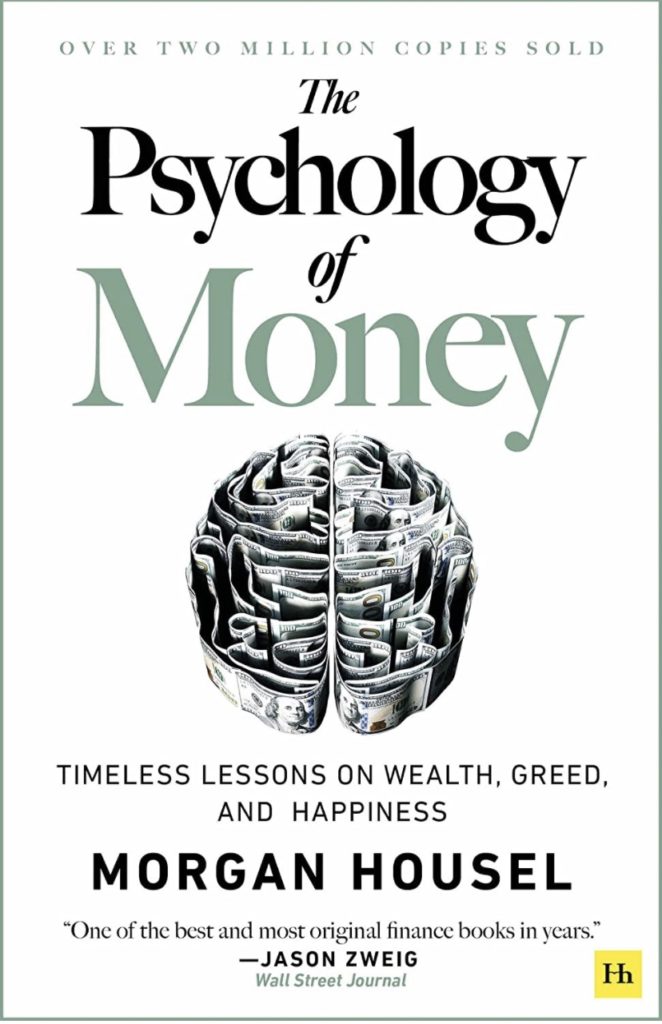


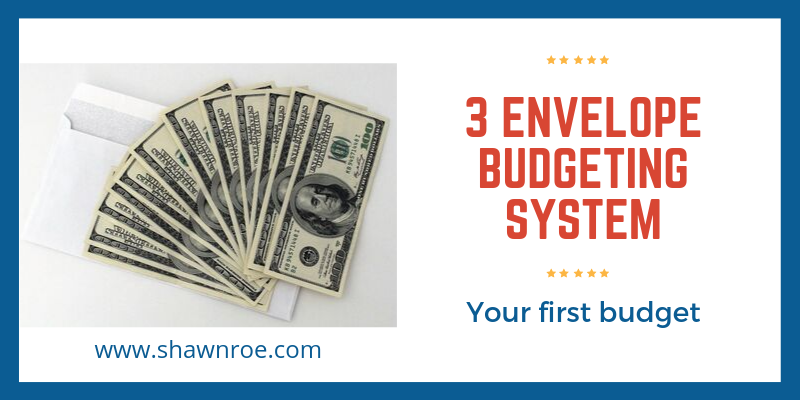


 Have you ever had an unexpected bill set you back and make you go deeper into debt? Those new tires set you back $400. That trip to the doc cost $800! Or that time your electric bill doubled in one month! It happens to all of us. So, what’s the best way to deal with an unexpected expense? A buffer month of money has prevented me from going into debt, and it could help you too.
Have you ever had an unexpected bill set you back and make you go deeper into debt? Those new tires set you back $400. That trip to the doc cost $800! Or that time your electric bill doubled in one month! It happens to all of us. So, what’s the best way to deal with an unexpected expense? A buffer month of money has prevented me from going into debt, and it could help you too. 

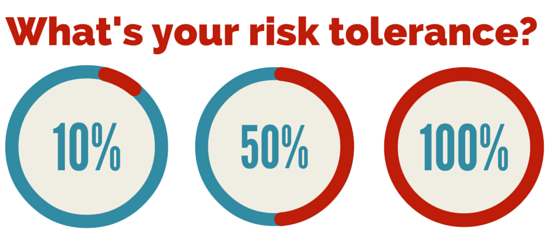
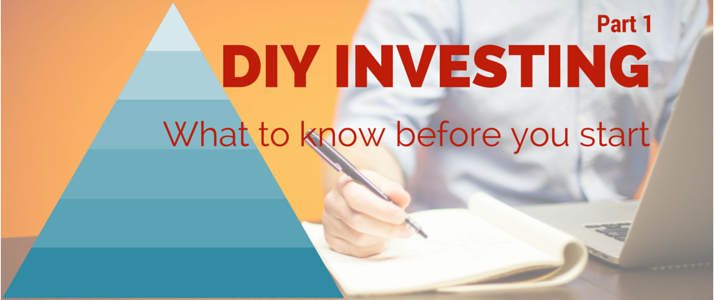
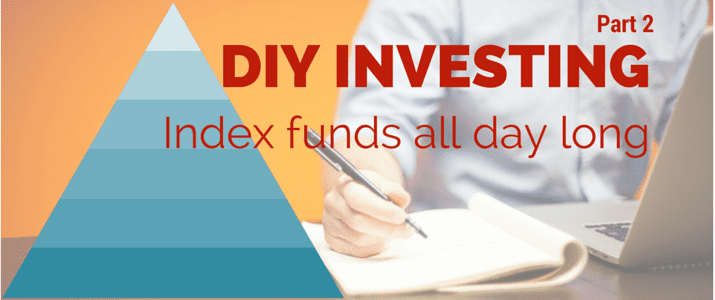
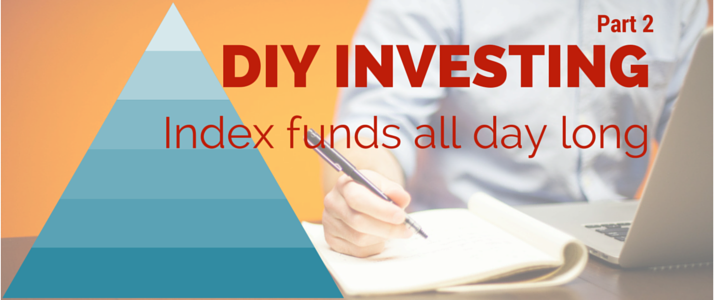 The easy way to beat 90% of professional investors is to invest that money in low cost index funds through ETF’s. That’s it. That’s all you need to know. It took me 10 years to learn this, but when I figured it out and back tested it, I laughed at how obvious and simple it is. Then I wondered why no one was teaching this. This should be taught in middle school and retaught in high school. So I vigorously scoured the internet and sure enough, tons of intelligent, respectable advisors and financial magazines tout the benefits of index investing and how professional fund managers don’t “beat the market”. And when professional investors say don’t “beat the market”, the market = index funds. It all seems so obvious, yet for some reason it’s not. So I’m here to bring the obvious to light. It’s index funds all day long, baby. Follow this advice and you’ll be earning money like those wealthy 1% who pay less tax than you. If you can’t beat ’em, invest in them!
The easy way to beat 90% of professional investors is to invest that money in low cost index funds through ETF’s. That’s it. That’s all you need to know. It took me 10 years to learn this, but when I figured it out and back tested it, I laughed at how obvious and simple it is. Then I wondered why no one was teaching this. This should be taught in middle school and retaught in high school. So I vigorously scoured the internet and sure enough, tons of intelligent, respectable advisors and financial magazines tout the benefits of index investing and how professional fund managers don’t “beat the market”. And when professional investors say don’t “beat the market”, the market = index funds. It all seems so obvious, yet for some reason it’s not. So I’m here to bring the obvious to light. It’s index funds all day long, baby. Follow this advice and you’ll be earning money like those wealthy 1% who pay less tax than you. If you can’t beat ’em, invest in them!